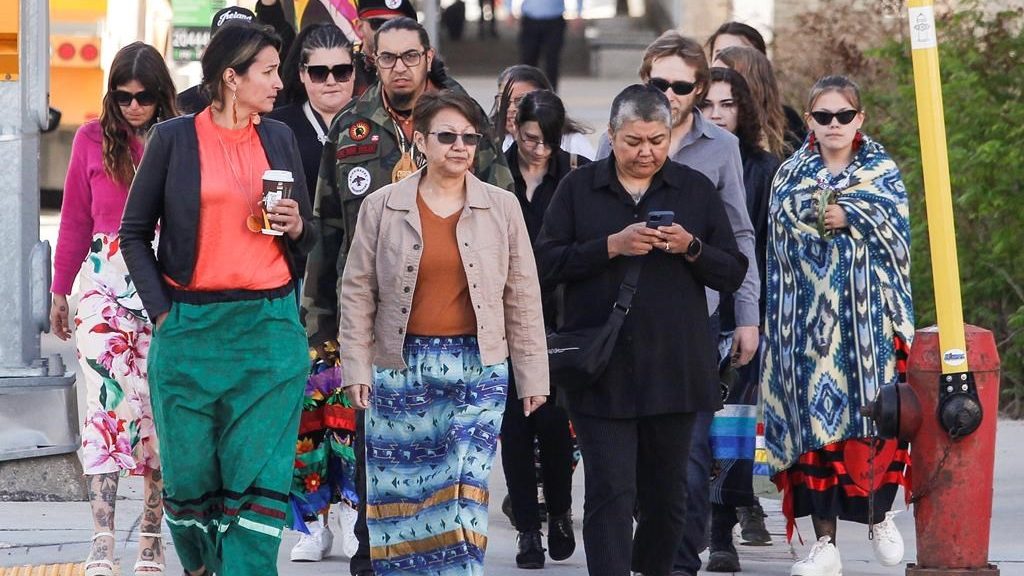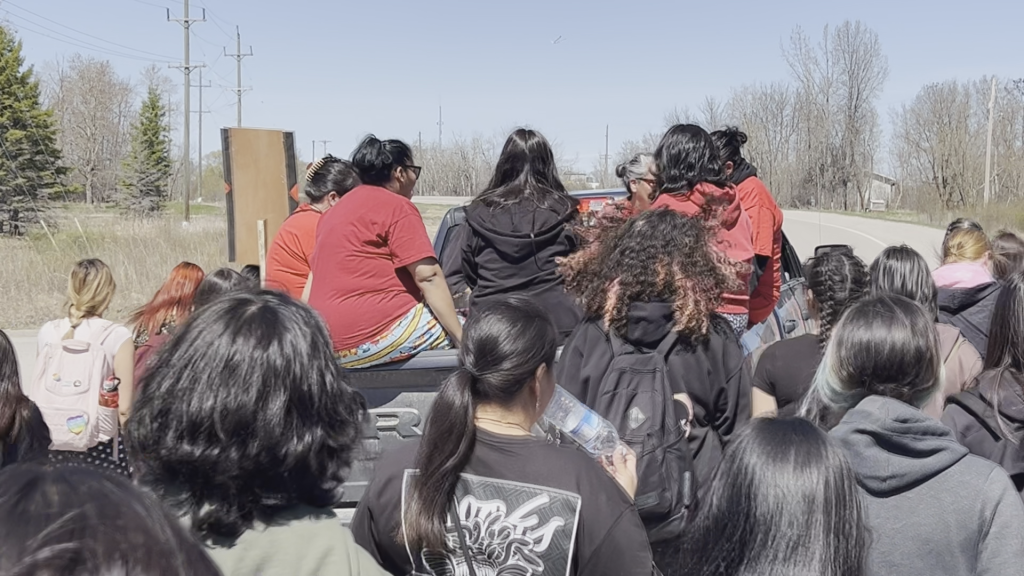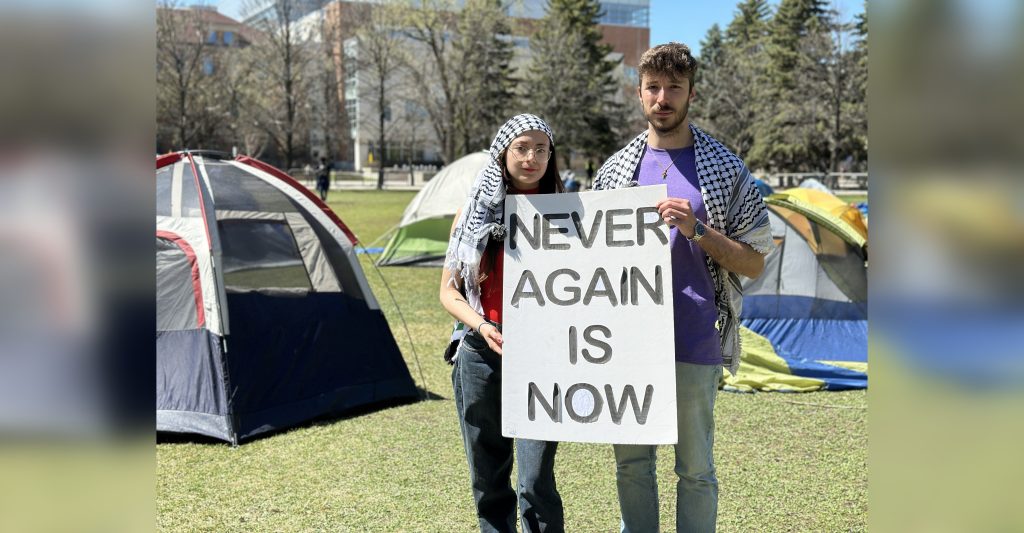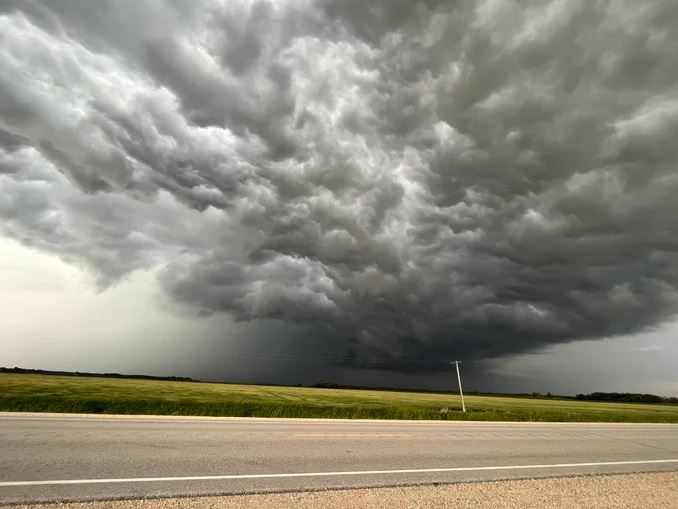Growing calls to better accommodation process for medical visits for Indigenous peoples
Posted January 26, 2024 10:18 am.
A receiving home near Winnipeg’s Health Sciences Centre primarily serves residents of Nelson House but also tries to help clients living off-reserve.
Amid public scrutiny of the Marlborough Hotel and their treatment of an Indigenous woman staying there reportedly for a medical visit, Kenny Braun, the medical transportation director of the Nisichawaysihk Cree Nation, says gaps within the First Nations and Inuit Health Branch (FNIHB) result in vital information not being communicated properly to those trying to access travel and accommodations.
“We have several fluent Cree speakers who work here. We understand the situation of our people on a reserve. We understand that this could be a new place for them. We really try to make sure they feel safe, valued, comfortable and that they know we are going to be here for them,” said Braun.
“When they make changes, they don’t tell anybody. If they put it on their website, the clients they serve are not scouring their website looking for these changes.”
While Nelson House residents don’t have the option to choose a hotel to stay at if they do not have their own private accommodations because of the receiving home, off-reserve members do.
The problem Braun says is that off-reserve clients aren’t made aware that they don’t have to stay at the first hotel accommodation they are presented with.
“When you call a referral, they do not ask you ‘Which hotel would you like to stay at?’ They put you in one, but you have a choice. In the framework agreement it does emphasize that there is a choice,” explained Braun.
“FNIHB in their framework agreement, which is our governing document, emphasizes the most economical or cheapest. That doesn’t give value to our clients. That doesn’t tell our clients they are valuable.”
Braun says the prioritization of economic choices FNIHB has put on travel and accommodations creates a system where the cheapest options are presented to clients first.
“When Indigenous people come to Winnipeg and other urban centres for medical attention. They are put in the crummiest, seediest hotels for medical attention,” said Chief Angela Levasseur, of the Nisichawayasihk Cree Nation.
A list of hotels clients can choose from sent by Braun shows options such as the Clarion Hotel, Radisson Downtown, and the Norwood Hotel.
Braun admits though that since hotels are still a business, culturally relevant services aren’t available to deal with the different needs of clients.
“There are issues on these First Nations, there is a lot of trauma, there’s a lot of social issues that when they come they don’t leave them there, they bring them with them. A bottle may cost $200 on reserve, but when they come here it can be $20,” said Braun.
“That opens up opportunities for them. Maybe they can have an on-site social worker on that list, maybe they could have those requirements of CPR training and trauma training.”
CityNews reached out to the First Nations and Inuit Health Branch for comment but have not heard back at this time.








